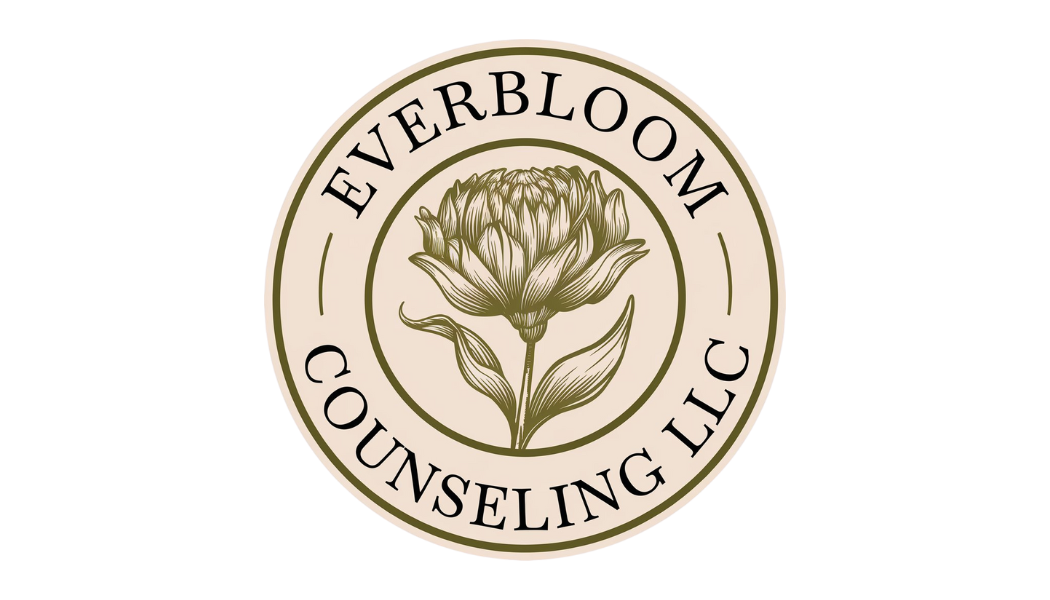Why Self-Doubt Is Normal and How to Reframe It
Self-doubt is something we all experience. Whether you’re starting a new job, entering a relationship, or chasing a personal dream, that inner critic often sneaks in with thoughts like: “What if I’m not good enough?” or “What if I fail?”
The truth is, self-doubt is not only common—it’s normal. In fact, it can even be useful when we learn to reframe it. Instead of letting it chip away at your confidence, you can use self-doubt as a stepping stone for confidence building and growth.
Why Self-Doubt Is Normal
It’s part of being human.
Everyone has an inner critic. Our brains are wired to protect us from risks, so it naturally questions our abilities before we step into the unknown.It shows you care.
Feeling self-doubt often means you’re about to do something that matters. If you didn’t care about the outcome, you wouldn’t question yourself at all.It pushes growth.
Self-doubt usually shows up right outside your comfort zone—the exact place where growth happens.
How to Reframe Self-Doubt
The key isn’t to silence self-doubt completely, but to change how you relate to it. Here are some practical reframes:
From: “I’m not ready.” → To: “I’m learning as I go.”
No one starts fully prepared. Confidence comes through action, not before it.From: “What if I fail?” → To: “Failure means feedback.”
Every mistake carries a lesson. Reframing failure as feedback keeps you moving forward.From: “Others are better than me.” → To: “I bring my own value.”
Comparison steals confidence. Remember, your perspective and skills are uniquely yours.From: “I can’t do this.” → To: “I can try, and that’s enough.”
Confidence builds through small steps, not perfect leaps.
Confidence Building Practices
Name your inner critic. Giving that self-critical voice a name can help you create distance and recognize it’s not the full truth.
Celebrate small wins. Track your progress, even in tiny steps—it trains your brain to notice evidence of growth.
Practice self-compassion. Talk to yourself like you would to a friend: supportive, encouraging, and kind.
Surround yourself with support. Community helps quiet self-doubt and reminds you of your strengths.
Final Thoughts
Self-doubt doesn’t mean you’re weak—it means you’re human. Instead of letting it hold you back, learn to reframe it. By shifting how you see your inner critic, you create space for confidence building, growth, and resilience.
The next time you hear that doubtful voice, pause and ask: “How can I reframe this thought to support me instead of stop me?”
Because often, self-doubt isn’t a sign you’re unworthy—it’s a signal that you’re on the edge of becoming stronger.
